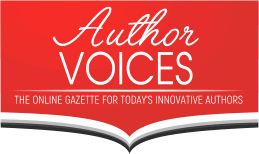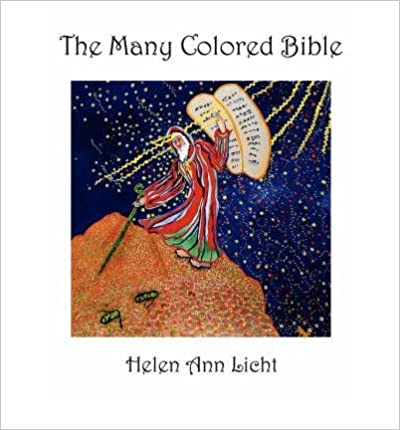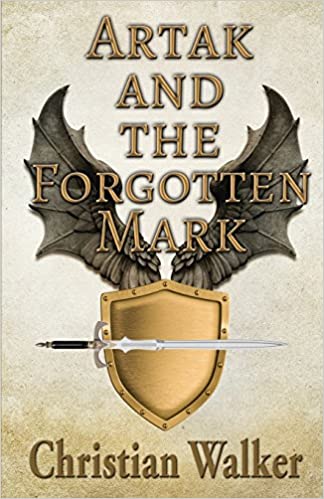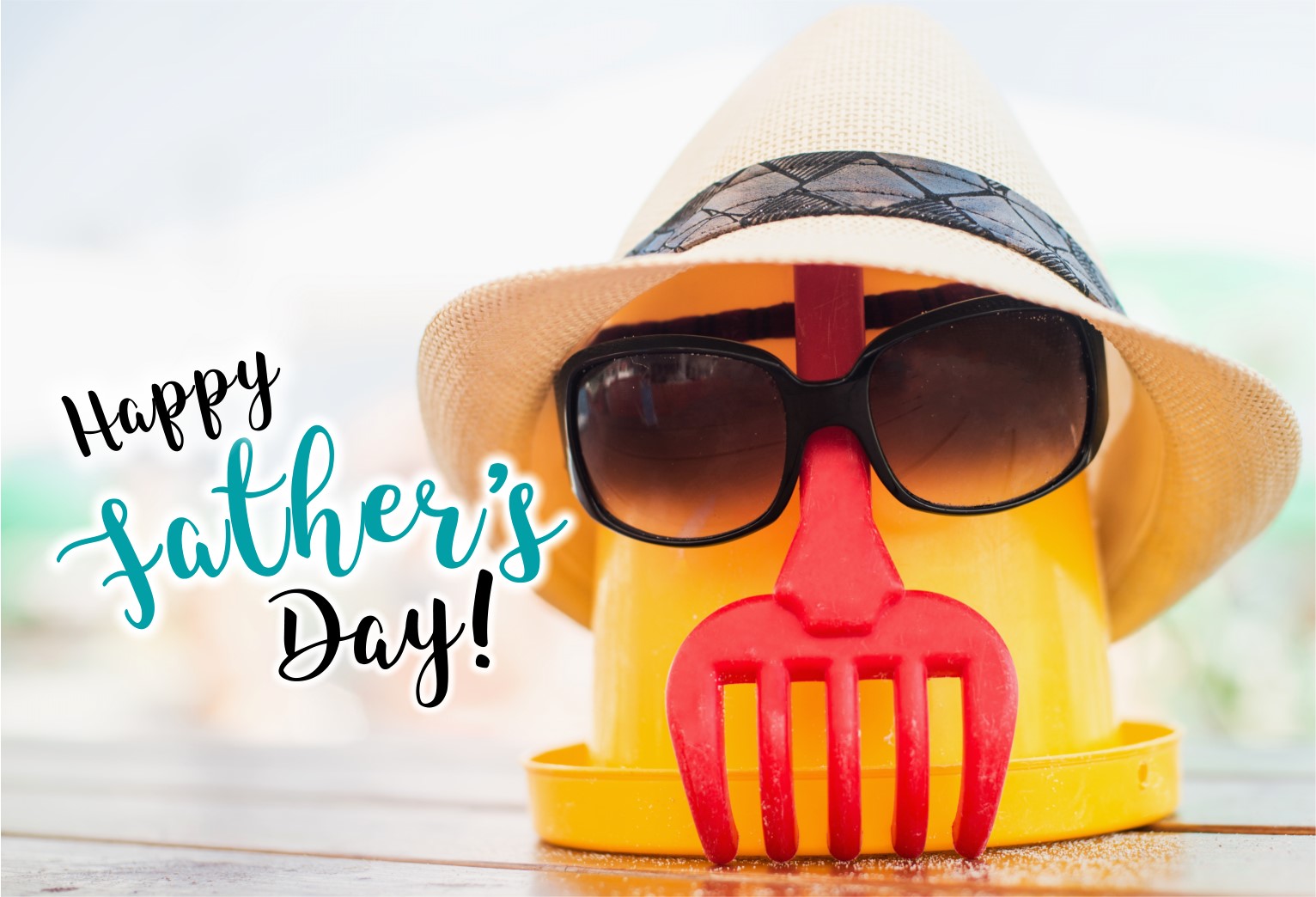Interview with Leslie Bingham
Author of Voluntary Victims: Racism, Sexism, Heightism, and Avoiding the Big Victim on Campus Club
Where are you from originally and where do you reside now?
I was born in Jerome, Idaho, and I currently live in Gresham, Oregon.
If you currently reside somewhere besides where you were born, what’s the story that lead from there to here?
After finishing the first grade in Jerome, my family moved to Ronan, Montana, a small Indian reservation town in western Montana. I moved to Boise, Idaho when I finished high school to attend Boise State University, where I got my bachelor’s degree in Communication/Journalism. I lived there for 10 years, then decided I wanted a new adventure, so I sold my home and moved to Portland, Oregon. I’ve been in the Portland area for 11 years now.
What made you decide to write and publish your first book?
Over the past few years the national narrative about discrimination has centered around the discrimination against people based on their race, gender, or sexual orientation. Most people are unaware of the discrimination short people (especially short men) face. My goal is to spread awareness about heightism and to spark a conversation about discrimination so we can end it for all groups, not just the popular victim groups in America.
How would you describe your books to first time readers?
Voluntary Victims is an anti-discriminatory as well as anti-victim mentality book. It compares heightism to the other “isms” we are bombarded with every day, such as racism and sexism. It seems like everyone in society is trying to win the oppression Olympics award (or, as I call it, the Big Victim on Campus Club), at the expense of others.
While bringing awareness to heightism, I also warn people of the dangers of the victim mentality and identity politics, because I believe those two things are the largest contributors to the fracturing of America today when it comes to politics.
Who do you feel is most likely to connect with the topics you write about?
I think those who keep an open mind about societal topics will be able to connect with what I write about. Of course, many other short men will relate to some of my lived experiences, but I wrote this trying to connect to as large an audience as possible. I am a big fan of open dialogue and the sharing of ideas in a respectful manner, so I tried to target others with similar mindsets and goals.
What unexpected or surprising thing did you learn during the process of writing and publishing?
The most surprising thing I learned during the process was that the final version of a book looks almost nothing like what you originally thought it would look like. Little changes from a first draft to a second to a third will render your original idea almost unrecognizable. It took me two and a half years to write this first book, and looking back at early chapter versions remains a shock to my system.
If you could, what advice would you give to your past self before embarking on this journey?
Stay brave. For many of us, writing is our way of sharing ourselves with the world. Not everybody is going to care about or like your work. Always remember that, when you’ve successfully published your book or blog, you’ve accomplished something that most people only talk or dream about (how many people make silly New Years resolutions to finally “write that book” they’ve been thinking about for years?).
Be proud of your accomplishment, even if others don’t seem to care. It takes a great deal of bravery to do what we do, and to continue what we do despite any perceived successes or failures.
How many people would you ideally like to reach with your books?
All of them! Of course, that’s not possible. I’m just trying to help make the world a better place for all of us through my writing.
What has been the biggest challenge and frustration during the process to date?
The biggest challenge was deciding when my book was finally ready for publishing. I could honestly still be making changes to my book, but there comes a time when you just have pull the trigger and decide it’s time. I realized that no matter how long I worked on it, it would never be perfect, it can only be as perfect as it’s going to be.
What’s your biggest strengths when it comes to book a) writing, b) publishing and c) marketing?
My strength is writing, rewriting, and editing. I enjoy the stream-of-consciousness brainstorming when an idea finds its way to me, and then trying to craft it into coherent prose and rewriting and reorganizing it later. There’s nothing like the satisfaction of seeing a completed paragraph or chapter or book after the enormous amounts of time it takes to get to the final product.
What’s your biggest weakness when it comes to book a) writing, b) publishing and c) marketing?
My biggest weakness is marketing. I’m not alone with this. I am currently working on improving my marketing game.
When do you think you will write your next book?
I would like to start my next book project in early 2020.
Are you self published or did you use a hybrid publisher, or a traditional publisher?
I am self-published through Outskirts Press.
FEATURED AUTHORS
Worrying if I was telling too many secrets Leaving out so much.
Keep Reading »Writing is an arduous task even when one has all ideas clear in the read more
Keep Reading »Write the book, start marketing (letting people know of it) before you finish.
Keep Reading »










